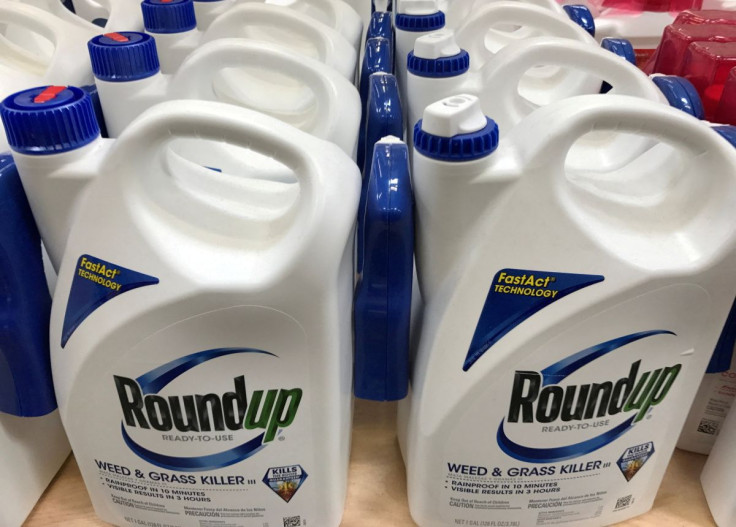U.S. Supreme Court Takes No Action On Bayer Bid To Nix Weedkiller Suits

The U.S. Supreme Court on Monday took no action on Bayer AG's bid to dismiss legal claims by customers who contend its Roundup weedkiller causes cancer as the German company seeks to avoid potentially billions of dollars in damages.
The case was not mentioned on a list issued by the court on Monday as it decided on whether to hear pending appeals, raising at least the possibility that the justices are considering hearing it. Bayer has asked the justices to take up its appeal of a lower court decision that upheld $25 million in damages awarded to California resident Edwin Hardeman, a Roundup user who blamed his cancer on the pharmaceutical and chemical giant's glyphosate-based weedkillers.
The Supreme Court's decision on whether to take up the appeal is being closely watched as Bayer maneuvers to limit its legal liability in thousands of cases.
U.S. President Joe Biden's administration in May urged the court not to hear the Bayer appeal, reversing the government's position previously taken under former President Donald Trump.
Bayer has lost three trials in which Roundup users have been awarded tens of millions of dollars in each. Bayer has pinned hopes for relief on the conservative-majority Supreme Court, which has a reputation for being pro-business. Bayer has won three trials, including one last week.
Bayer has asked the Supreme Court to review the verdict in Hardeman's case, which was upheld by the San Francisco-based 9th U.S. Circuit Court of Appeals in May 2021. Hardeman had regularly used Roundup for 26 years at his home in northern California before being diagnosed with a form of non-Hodgkin's lymphoma.
Bayer has said it should not be penalized for marketing a product deemed safe by the U.S. Environmental Protection Agency and on which the EPA would not allow a cancer warning to be printed.
© Copyright Thomson Reuters {{Year}}. All rights reserved.





















